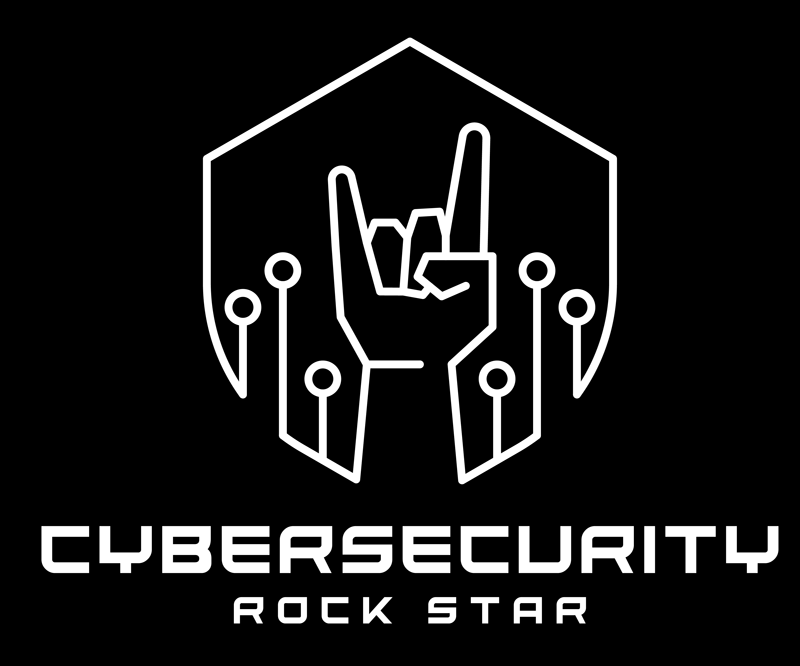In today’s increasingly digital world, cybersecurity has emerged as a critical defense line for both individuals and organizations. With the rapid expansion of technology, the frequency and sophistication of cyberattacks have escalated. From data breaches affecting millions of users to ransomware attacks on critical infrastructure, cyber threats are more pervasive than ever. As a result, cybersecurity is a multi-billion-dollar industry that’s constantly evolving to counter these threats, creating an immense demand for skilled professionals.
The rise in advanced persistent threats (APT), state-sponsored attacks, and cybercrime has left businesses, governments, and even individuals vulnerable. According to recent reports, over 500,000 cybersecurity positions remain unfilled in the U.S. alone. This shortage is amplified by the fact that nearly every industry—finance, healthcare, government, and beyond—needs professionals who can safeguard their data and operations. With companies increasingly hiring based on skills rather than formal degrees, cybersecurity offers a high-growth career path for those willing to learn the ropes.
Moreover, with the increase in remote work, many cybersecurity roles offer the flexibility of working from home, making it an attractive option for professionals seeking both career stability and work-life balance.
What is Cybersecurity?
At its core, cybersecurity is about protecting computer systems and networks. You’ll either be defending against or launching attacks (in controlled environments). The rise in data breaches and sophisticated cybercrime has made this field more critical than ever.
Skills Needed for Cybersecurity
While there is no fixed educational path like in medicine or computer science, certain skills and knowledge areas are essential:
- Operating Systems (OS):
- Be proficient in Linux (e.g., Ubuntu or Kali) and Windows.
- Learn to navigate the command line, manage services, and understand system processes.
- Networking:
- Understand networking protocols like TCP/IP, DNS, and how to secure networks.
- Set up virtual machines to simulate network environments for practice.
- Programming & Scripting:
- Learn at least one language like Python, PowerShell, or Bash for automation.
- Start with small projects like writing scripts to check if hosts are online in a network.
- Security Tools:
- Get hands-on with tools like Wireshark, Nmap, Metasploit, and vulnerability scanners to understand how to assess and defend systems.
Two Pathways to Enter Cybersecurity:
- Non-IT Background:
- Start by gaining comfort with operating systems, networking basics, and simple programming. Use virtual labs and simulations to build practical skills.
- IT Professionals/Students:
- Focus on deepening your knowledge of vulnerabilities (e.g., SQL injection, buffer overflows) and network security tools.
- Stay updated by reading industry reports, like the Verizon Data Breach Investigation Report, and replicating the attacks described in labs.
Final Thoughts
Cybersecurity is vast, but starting with these foundational areas will give you a solid footing. Whether you’re a student, veteran, or IT professional, dedication to learning and applying skills will open doors in this growing field.
For more details please check video below.
Your next step
If you’re ready to start your journey and build a successful career in cybersecurity, don’t wait any longer to take the next step!
Our Cybersecurity for Life Method Program will guide you through the essential fundamentals and prepare you to stand out in the market. You’ll gain practical and targeted learning to develop the right skills, whether you’re a beginner or an IT Support Specialist looking to grow in the field.
Want to secure your spot and become an indispensable cybersecurity professional?
Click here to join the waitlist: https://lp.cybersecurityrockstar.com/blog
Get ready to be part of the next generation of cybersecurity specialists and achieve the career you’ve always wanted!
Who is Pedro Drimel?
Pedro Drimel has over 16 years of experience in the cybersecurity industry. Noticing a shortage of skilled professionals and driven by his passion for teaching, he decided to create Cybersecurity Rock Star, aiming to help shape the next generation of cybersecurity experts. In a world where cybersecurity professionals lack the fundamentals, those who possess them are the true rock stars.




